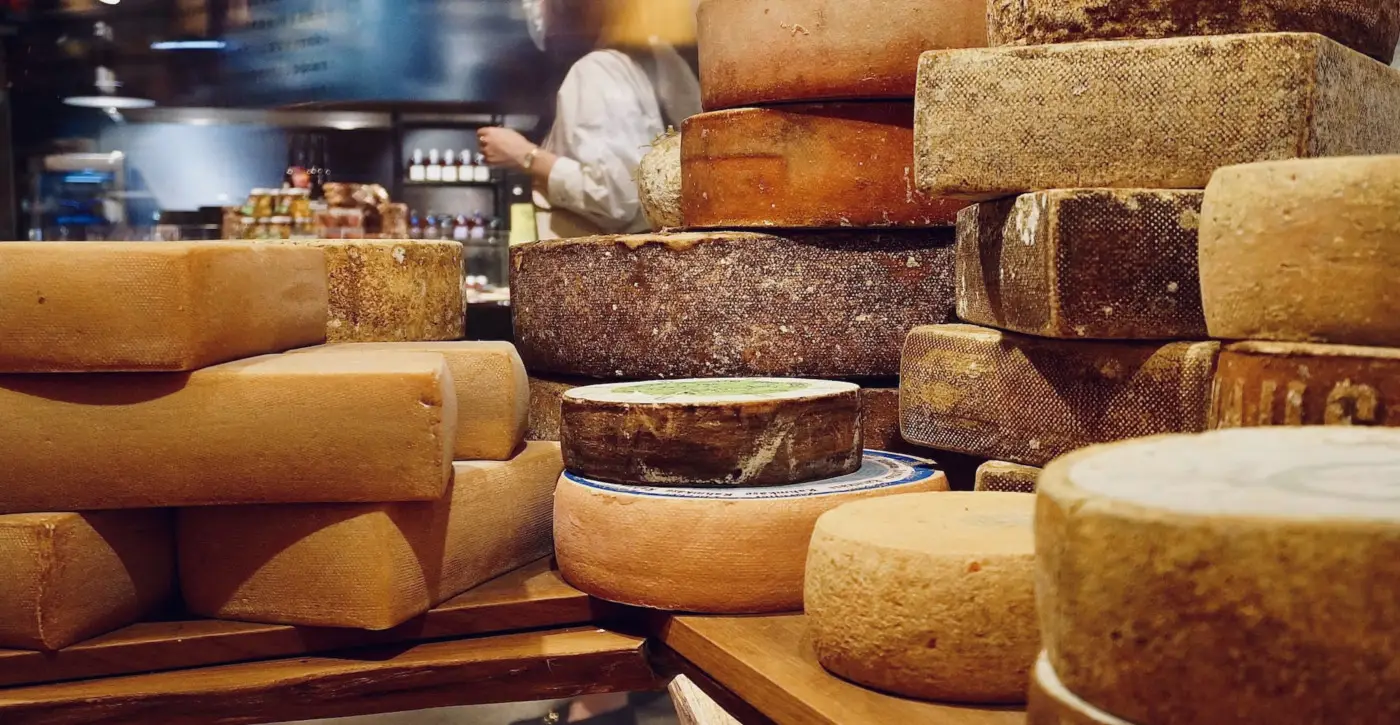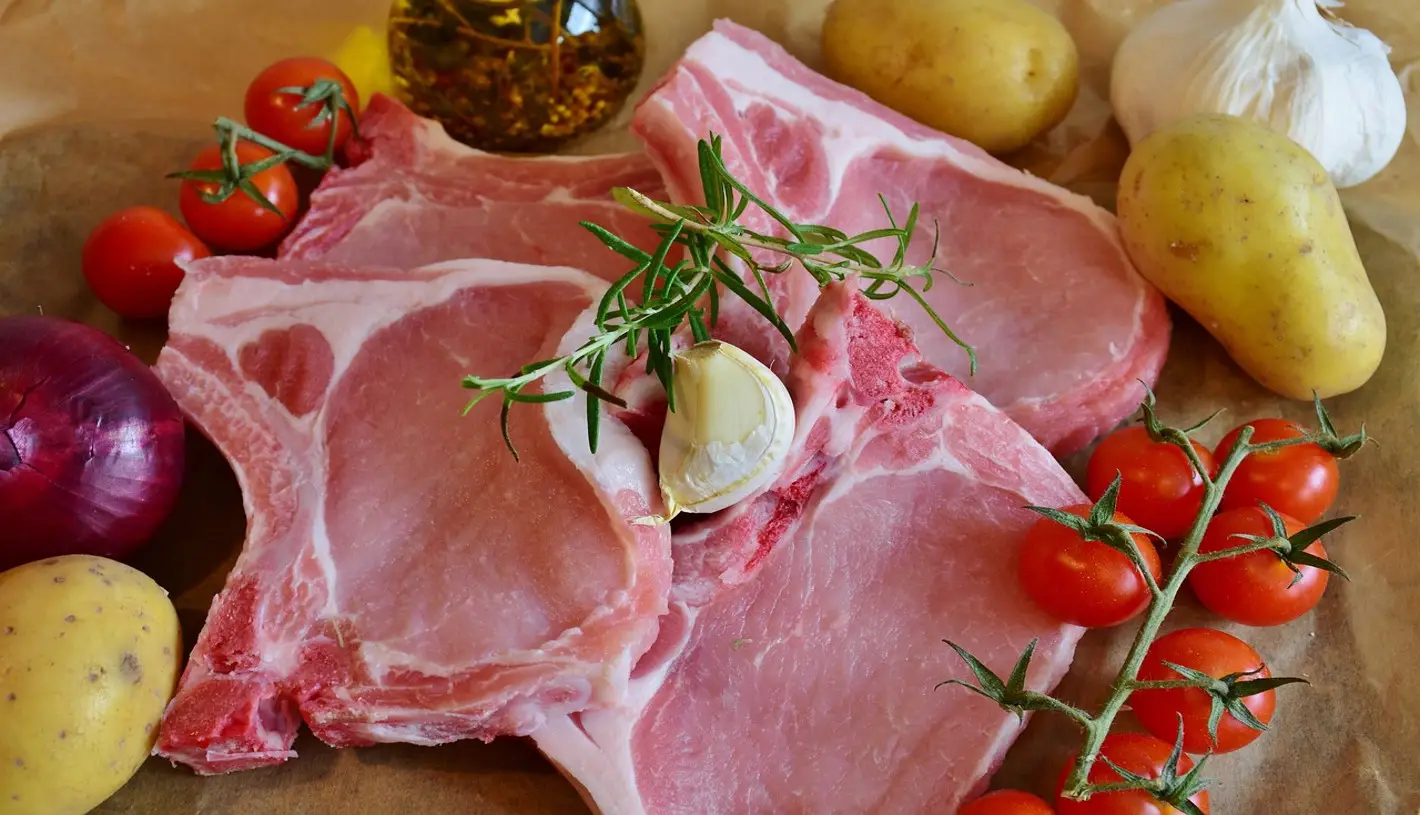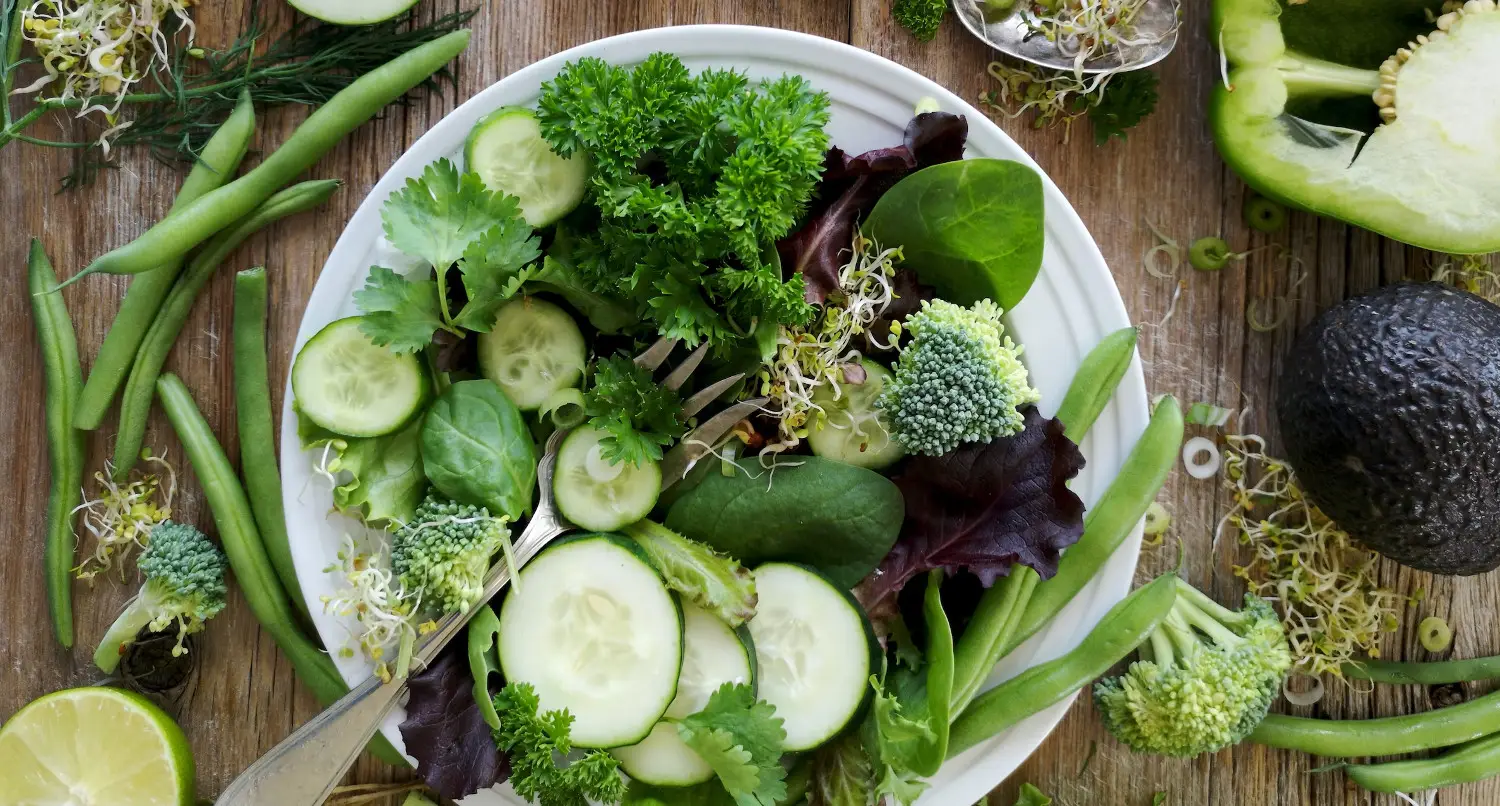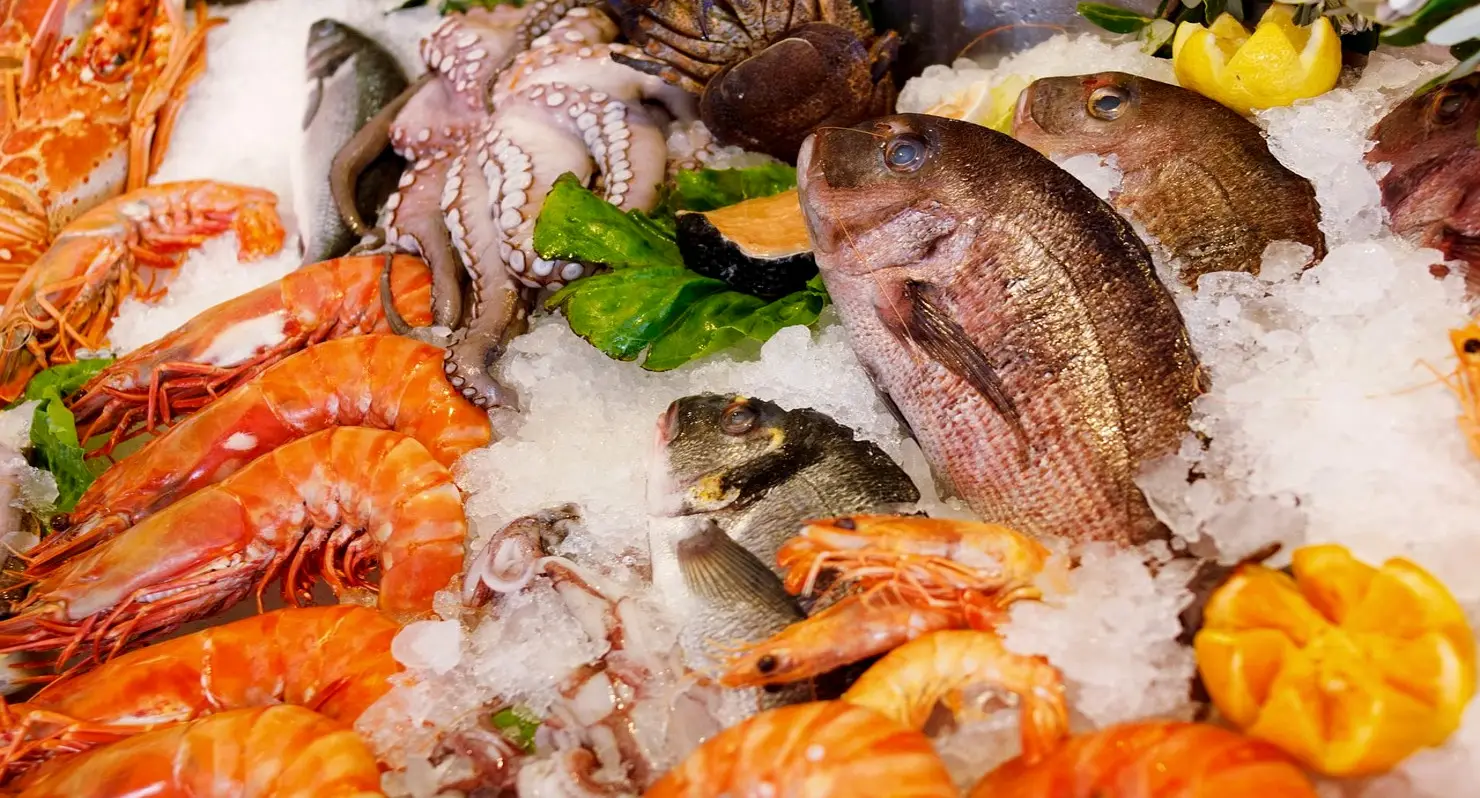Beef Noodle Soup Lysine and Arginine Info Sheet
Overview
Beef noodle soup is a hearty and savory dish that consists of beef, noodles, and broth.It is often flavored with spices, herbs, and vegetables.
Beef noodle soup is a satisfying and comforting food that can provide protein, carbohydrates, and minerals.
It can help warm up the body, soothe the throat, and fight infections.
However, it also contains sodium and may contain MSG, which may increase the risk of hypertension and headaches.
| Name | Lysine (mg/100g) | Arginine (mg/100g) | Ratio |
|---|---|---|---|
| Beef Noodle Soup | 106.97mg | 81.15mg | 1.318 |
Beef Noodle Soup contains 106.97mg of Lysine and 81.15mg of Arginine per 100g of product.
This means Beef Noodle Soup has a high Lysine-Arginine ratio of 1.318.
Because Beef Noodle Soup contains slightly more lysine than arginine, increasing its consumption may benefit people who suffer from herpes, as it may boost the immune system.
Lysine Considerations
Lysine is an essential amino acid that helps build muscle, produce hormones, and support the immune system.
Beef noodle soup provides about 15% of the recommended daily intake of lysine for an adult.
Lysine can help prevent or treat cold sores, which are blisters caused by the virus HSV-1, also known as herpes.
Lysine works by blocking the growth of HSV-1, which needs another amino acid called arginine to multiply and infect cells.
Lysine can only be obtained through diet, and can be found in a variety of high-protein foods like dairy, fish, eggs, meat and poultry.
Arginine Considerations
Arginine is a semi-essential amino acid that helps produce nitric oxide, a molecule that relaxes blood vessels and improves blood flow.
Beef noodle soup provides about 12% of the recommended daily intake of arginine for an adult.
Arginine can benefit your wellbeing and performance, such as lowering your blood pressure, healing your wounds, and boosting your exercise endurance.
Arginine can be made by the human body or obtained from foods like meat, dairy, nuts, and soy.
Unfortunately, the herpes virus is known to "feed" on arginine, and having a diet higher in arginine than lysine may increase the occurrence and severity of cold sores and herpes outbreaks.
Lysine-Arginine Ratio
The lysine-arginine ratio is a measure of the balance between these two amino acids in a food.
A higher ratio means more lysine than arginine, which may be beneficial for preventing or treating viral infections, such as herpes simplex.
Beef noodle soup has a lysine-arginine ratio of 1.318, which is slightly higher than the average ratio of 1.0 for most foods.
Both lysine and arginine are essential for protein synthesis and various other bodily functions.
They, however, have opposing effects on the herpes simplex virus, which causes cold sores and genital herpes.
Lysine can stunt the replication of the virus, whereas arginine can stimulate it.
Thus, a diet rich in foods with a high lysine to arginine ratio may help reduce the occurrence and severity of herpes flare-ups.
Foods that have a high lysine-arginine ratio include milk, cheese and yogurt products, fish, poultry, fruits, and vegetables.
These foods can provide the body with enough lysine to compete with arginine and inhibit the virus from replicating and causing outbreaks.
Dietary Considerations
Soups and broths can be made from different types of proteins and vegetables, such as chicken soup, vegetable soup, or tomato soup.
Soup is generally healthy and a good source of lysine, especially if it contains poultry or seafood, which are abundant in lysine and not very high in arginine.
That said, some soups may have a higher arginine content if they are made with mainly grains and cereals, such as corn, barley, or rice.
These ingredients can increase the arginine-lysine ratio in the soup and make it less beneficial for people with herpes.
Because of this, soups should be chosen carefully and preferably contain more lysine-rich foods than arginine-rich foods.
Surprisingly, bovine herpesvirus 1 is a form of herpes that cows can contract.
This virus, however, is species-specific and does not affect humans.
This means that you can enjoy beef (or any other type of meat) without any apprehensions about catching herpes.

For example:
A well-balanced and healthy diet that strengthens your immune system and lowers inflammation is important.
This means you should eat a lot of fruits, vegetables, whole grains, lean protein, and good fats, and avoid processed foods, added sugars, alcohol, and caffeine.
Avoid alcoholic beverages and caffeine which can overstimulate your body, leave you dehydrated, and compromise your immune system.Consider taking l-lysine supplements, which can help prevent herpes outbreaks and stop a cold sore before it emerges by limiting the availability of arginine for the virus, which it requires to produce a cold sore.
Other food supplements, such as vitamin C, zinc, selenium, and antioxidants, can help you boost your immunity and protect your cells from oxidative stress.
Your immune system can be weakened and inflammation can be increased by foods that can cause allergic reactions or sensitivities, such as gluten, dairy, nuts, eggs, or shellfish. Avoid these foods to avoid outbreaks.
Check more food information






